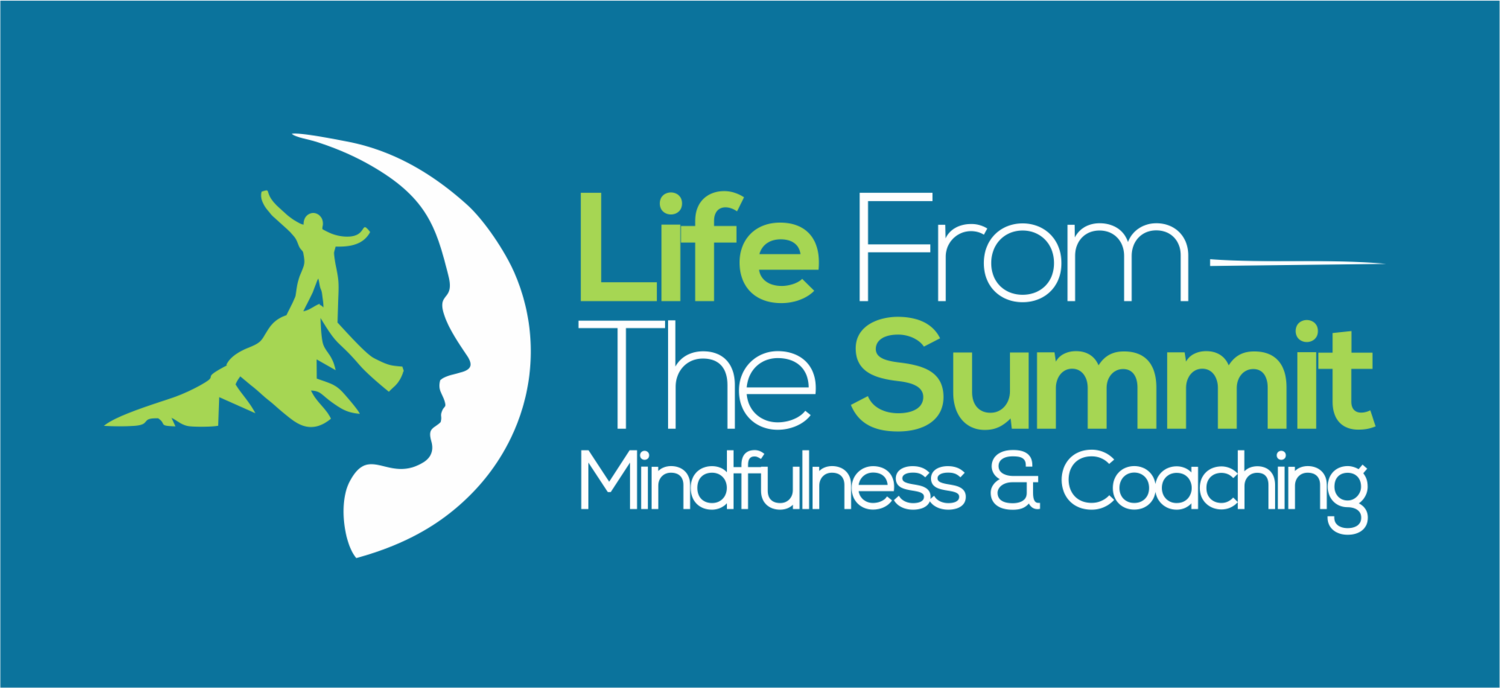3 Key Benefits of Mindfulness Meditation for Gen X'ers Facing Physical Changes
Transform Stress, Activity, and Pain
If you’re like most Gen X’ers, you’ve been experiencing physical transitions in one form or another. Whether you’ve been diagnosed with an illness, putting on a couple extra pounds every year, or moving through the shitshow of hormonal changes, these physical shifts can take a toll on our mental and emotional well-being as much as our physical well-being.
And in the midst of challenges to our physical health, it can be tempting to want to find a quick fix. The wonder drug or the exercise that will make it all better.
Although these kinds of interventions sometimes may be necessary and are a matter of personal choice based, what’s often glossed over are other options that at the very least could provide a better foundation for medical interventions to work, or even obviate the need for medical interventions.
** To be clear, this article is not providing medical advice or opinions. Your health decisions should be a discussion between you, your medical providers, and your family.
Rather, the goal here is to provide you with another option to consider in your toolbox of support as you move through physical transitions.
And that option is the practice of mindfulness meditation.
Here are three ways that mindfulness meditation can support you through the physical transition you’re facing:
No. 1: Managing Health-Related Stress
The practice of mindfulness can help in recognizing and managing the stress that arises in response to your health challenges.
Mindfulness meditation has been shown to:
Reduce anxiety about health issues
Lower blood pressure
Improve heart health
Enhance overall well-being
Just remember: don’t stress about the practice of mindfulness itself! Start small with micro-practices (as Michael O’Brien talks about in Episode 14 of The Gen X Shift podcast at 1:45:00). We know that even taking 10 deep breaths can start, over time, to have beneficial impacts.
So find:
Daily mindfulness exercises to reduce stress, like O’Brien’s Pause, Breathe, Reflect app.
Daily breathing techniques for moments of acute stress, like my Short Mindful Grounding Practice
Incorporating those micro-moments of breathing and mindfulness into your daily routines, like brushing your teeth or doing the dishes.
No. 2: Providing a Barometer for Physical Activity and Recovery
If you are able to do physical activity of any level, mindfulness can help raise your awareness around how much physical activity is enough and when you need to recover.
Mindfulness can improve our connection to our bodies and what our bodies are trying to tell us. In doing so, it can help:
Increase motivation for exercise by tuning into what type of activity your body may need
Listen to when your body needs to rest
Increase your understanding of what your body needs to recover.
To cultivate your ability to tune into your body, all its different parts, and sensations, try this Guided Body Scan Meditation.
No. 3: Managing Pain
Mindfulness can be an effective tool for managing chronic pain and discomfort. Importantly, we don’t practice mindfulness to make the pain go away. We practice so that we can change our relationship with the pain:
In a seminal study, [Jon] Kabat-Zinn and colleagues revealed that chronic pain patients reported improvements in pain symptomology and quality of life after completing the [Mindfulness Based Stress Reduction] MBSR program and improvements were sustained after a 3-year follow-up.
The benefits of a mindfulness practice for pain management include:
Altering the perception of pain
Reducing the emotional impact of pain
Enhancing coping strategies for chronic pain
Mindfulness body scans (like the one mentioned above) can help to identify and manage the pain points, and breathing exercises can reduce pain intensity. Also, the meditation practice of mindfulness can help us create space around the pain so that we aren’t gripping or bracing against.
Finally, as O’Brien talked about in the podcast (starting around 1:50:00), his mindfulness meditation practice helped him avoid addictive painkillers as he moved through rehab after his near-death bike accident.
But hey . . . don’t take our word for it. Do your own experiments. Find an MBSR teacher or try these guided practices by Jon Kabat-Zinn (available for $11.18 on the SoundsTrue store). Or reach out to me for individual mindfulness meditation support.
Bottom Line
Mindfulness meditation–when practiced with teachers who have the training in this modality–can provide critical support for Gen X’ers going through physical changes at this stage.
Not only that, but finding the support of a community or teacher, means that you don’t have to go through these changes alone.
